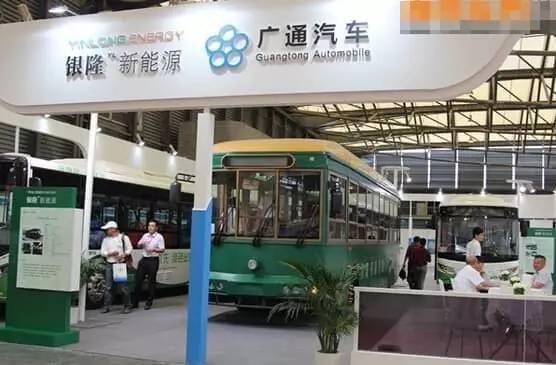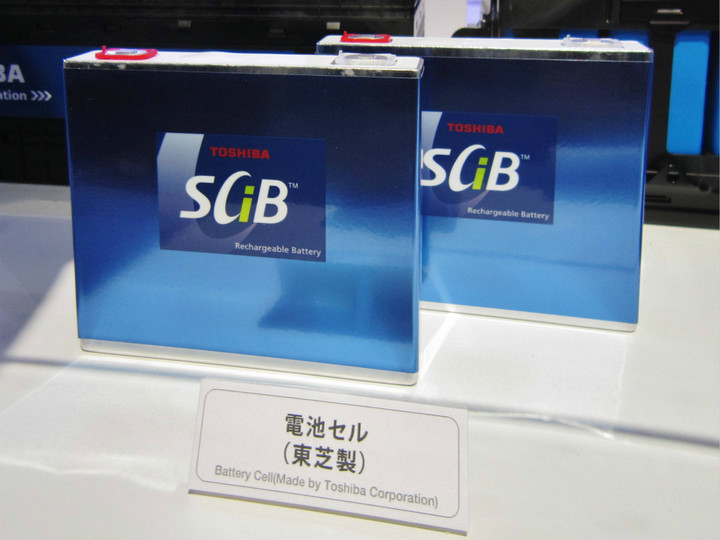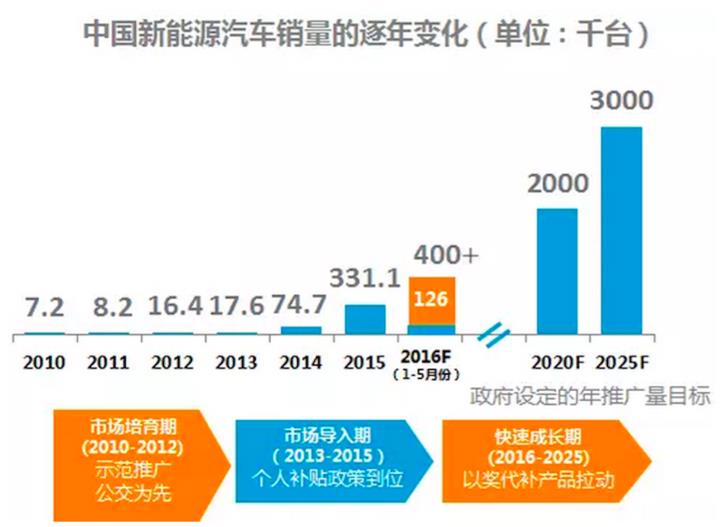The word Gree Automobile has been mentioned by Dong Mingzhu countless times. Today, she finally cashed it out of her own pocket.
On the evening of August 18th, Gree Electric announced that the board of directors of the company reviewed and approved the proposal to acquire 100% equity of Zhuhai Yinlong, a new energy company, by issuing shares at a transaction price of 13 billion yuan. After the acquisition, Zhuhai Yinlong will become a wholly-owned subsidiary of Gree Electric.
On August 19, the specific acquisition plan was announced: in addition to the original plan,
As early as last year, Dong Mingzhu announced on different occasions that Gree would enter the new energy vehicle market, and the acquisition proposal of Zhuhai Yinlong was also brewing from last year.
Although Zhuhai Yinlonghai is not as well-known as Zhuhai Changlong (amusement park), its influence in the domestic new energy industry can not be underestimated.
In January this year, Zhuhai Yinlong announced its amazing "report card" for 2015: the sales volume of electric buses was 3,189, the annual sales orders were nearly 7,000, the annual growth rate was 22.28%, and the total sales amount exceeded 4 billion yuan.

Zhuhai Yinlong began to manufacture batteries for electric vehicles in 2009, and has its own production line for electric passenger cars and electric trams. The mature technology and the comprehensive spread of the production line have made 2015 the outbreak year of Zhuhai Yinlong. Interestingly, the core technology of Zhuhai Yinlong-lithium titanate battery technology, also borrowed from a single overseas acquisition.
In June, 2010, Zhuhai Yintong (the old name of Zhuhai Yinlong before 2013) and FAW Bus signed a cooperation agreement to establish Zhuhai new energy bus assembly base. At the signing site, Liang Shulin, a senior engineer of Zhuhai Yintong, said in an interview that Yintong officially acquired 53.6% equity of Altair Nano, a listed company in the United States.
The acquisition cost a total of 49 million dollars (about 325 million yuan), but Zhuhai Yintong obviously made a good deal: it took the company’s technology, production line and sales system in one fell swoop. Among them, lithium titanate battery technology is the core technology of Aoti Nanotechnology Co., Ltd..
The core technology of lithium titanate battery is the most important part of Gree. Some analysts even bluntly said that Gree is not aiming at Yinlong’s electric bus business, but lithium titanate battery technology.
In recent years, lithium titanate battery is a new technology frequently mentioned by the new energy industry. What are its advantages? Is it really "revolutionary" that Gree will not hesitate to reinvest 15.1 billion to chase?
First of all, from the economic point of view, the lithium titanate battery of an electric bus can be fully charged within 6 minutes and operated continuously for 24 hours, and the number of battery cycles can reach more than 25,000 times, which is obviously better than the lithium iron phosphate battery widely used in electric vehicles at present. In terms of safety, the traditional lithium-ion battery will have serious failures at 160 degrees Celsius, while the lithium titanate battery can still work smoothly at 240 degrees Celsius without overheating.
At present, there are only two enterprises in the world with more than 8 years’ experience in achieving power and industrial application of lithium titanate materials. One is American Aoti Nanotechnology Co., Ltd. acquired by Yinlong, and the other is Toshiba Company of Japan.

Unlike the previous household appliances field, Gree is a blank "newborn" in the automobile field, but Dong Mingzhu and her colleagues have entered a new "tropical rain forest": vibrant and predatory.
As the largest new energy market in the world, China is now entering a period of rapid development. According to the statistics of China Automobile Industry Association, in the first half of this year, the production and sales of new energy vehicles in China reached 177,000 and 170,000 respectively, up by 125% and 1.269% respectively.

At the same time of high growth, since 2015, LeTV, Baidu, Ali and other enterprises have entered the field of new energy vehicles in different forms by virtue of their capital advantages. BYD, BAIC and JAC, the three automakers, have become the leading "first group" in the field of new energy vehicles in China by relying on the already perfect production lines.
Dong Mingzhu also understands how difficult it is for Gree to get a piece of the hot new energy vehicle market. The full acquisition of up to 15.1 billion yuan shows Gree’s urgent desire: to make up for its own blank in the field of new energy vehicles by leveraging high and new technologies such as lithium titanate battery of Zhuhai Yinlong, and to rapidly upgrade new energy electric vehicles and energy storage business.
Gree Automobile’s dream of "overtaking in corners" officially began with this acquisition.
Title from: Gree official website
Illustration from: Toshiba China